How to Read Technical Books Most Effectively
There as many ways to read books as there are people and books. Treating a technical book like a project is a great way to get the most out of your reading.
I recently wanted to fresh up my python coding skills. I heard about Python Tricks by Dan Bader a few times, which also has 97% of star ratings that are 4+ ⭐️ stars. So I got this one going.
Not many people I know approach reading books like projects. I very like to do it, especially when it is a technical book. The main question for me is then: How do I get the most of a book?
Sometimes it is a good idea to do the exercises in a book, in other cases, it’s best to do an own side project along the reading journey. Python Tricks did not offer any exercises and I was thinking quite a lot if I can digest its content into a little side project. In the end, I could not come up with anything reasonably feasible and not overly complex. But no matter what, I really am convinced that you need at least goals when you tackle on technical books. So I decided on the following goals to begin with:
finish the book within a weekread it from first to the last pagenote down every Trick that is new or important to mewrite a 🇩🇪 German Amazon review if I like the bookcreate a blog post about Python Big Data Trickscreate a blog post about the newly learned tricks- create a blog post about “book camps”
Why torture yourself with a self-constructed book boot camp?
A boot camp classically is an endeavor, where you dedicate some portion of your time to boot up your skill in a certain area by a knowledgeable expert. It is best done in an isolated and highly focused environment. Done rigorously, such a training unit will have a strong impact on your skill. Not only do you engrain important techniques but you also get an overview of the seemingly complex field and hopefully get out of your comfort zone here and there.
Before getting into the concrete steps on how to best perform a book project: Technical books are most useful when you already got to practice with the topic at hand. If you completely new to a topic, it’s normally much better to read a few articles first, get your hands dirty and do something practical. Thus, the learning effect from a book will be much higher.

Your next book camp checklist
- With a good book you have a competent expert at your fingertips. So choose your book wisely and only go for highly recommended stuff
- You don’t have to close yourself up in the basement and read a book for 15 hours. Dedicate a certain time frame to your reading every day.
- Before beginning to read, set goals for yourself: What is the big result of reading the book? What small benefits can you draw from it?
- Just begin. You will gain momentum right away if the book is a good fit for you.
- Prepare a system to gather metrics about your reading, like measuring time/pages read, things learned etc. Thus you will be able to better plan your future readings and understand your reading habits.
Possible Metrics
- Total reading time 10:53 hours (taking notes and playing around with code included)
- read in 6 days with 5 days of reading
- noted down 81 tricks.
- Some Big Data Tricks that I collect here.
- 🍄 one free book received for doing the Amazon review
- 🍄🍄🍄 3 articles produced after reading
- 🍄🍄🍄🍄🍄 🍄🍄🍄🍄🍄 Technical skills learned and gained an invaluable understanding of python and programming in general
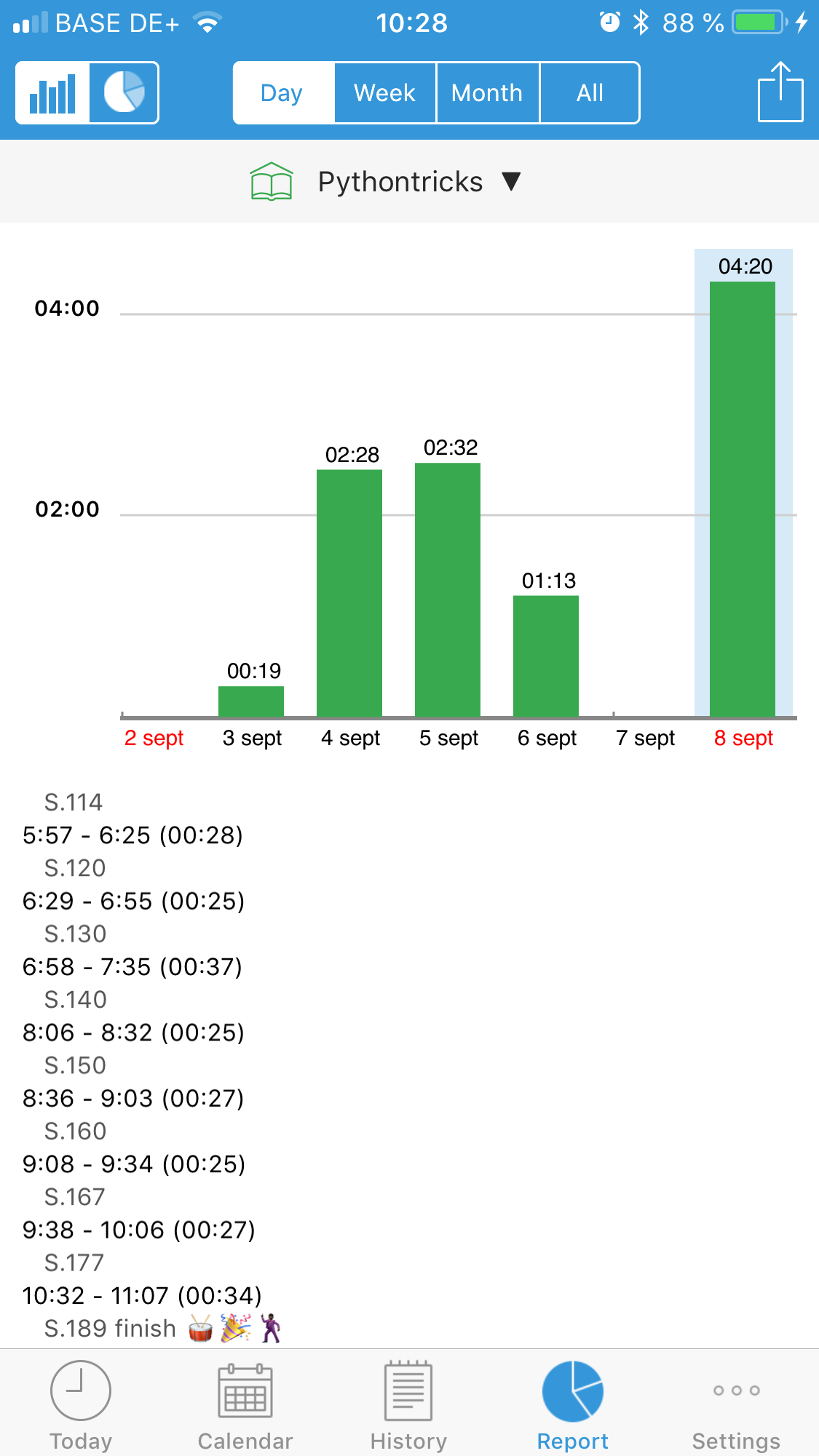
If you’d like to try a book project yourself, Python Tricks is a good technical book to start with: Python Tricks: A Buffet of Awesome Python Features by Dan Bader (Amazon Link)
Please let me know, if you try this technique, what your approach is and how your experience was. Thanks and take care!
create a blog post about “book camps”
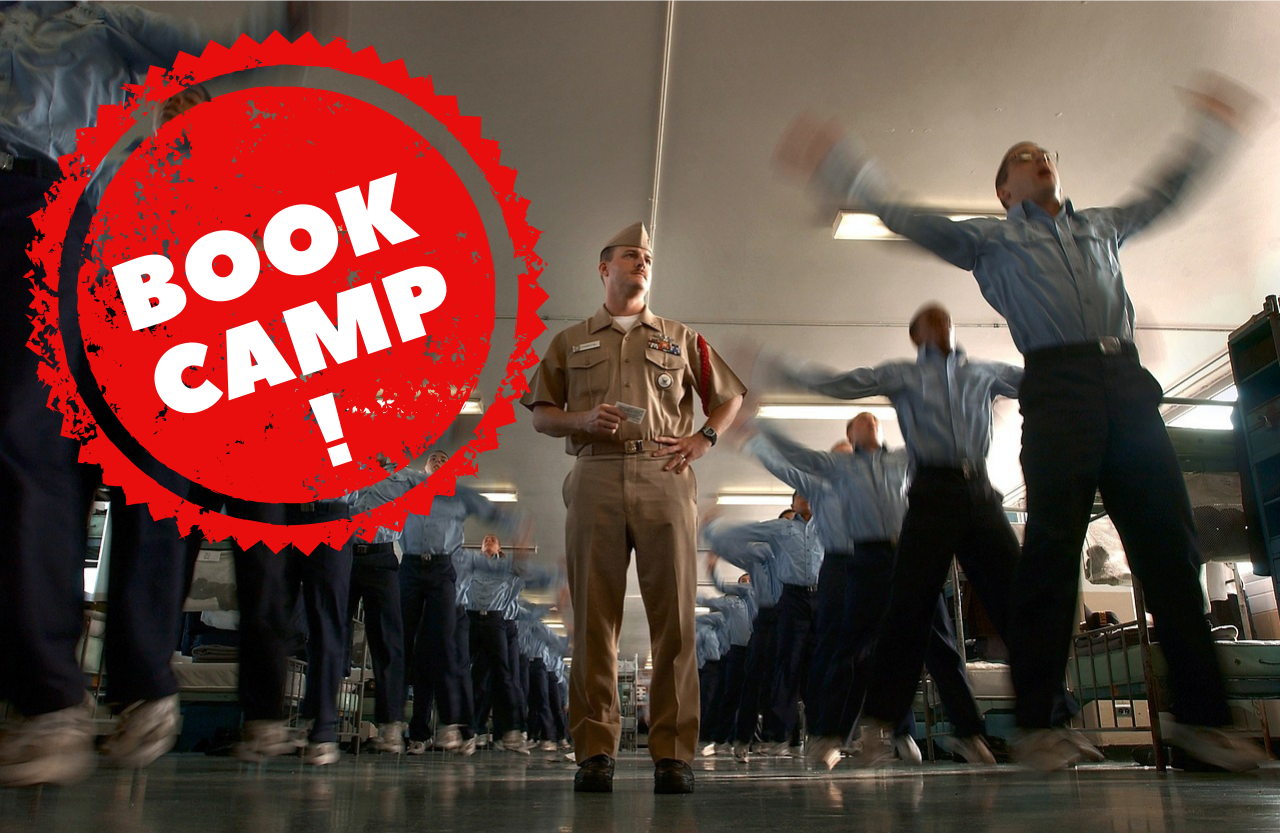


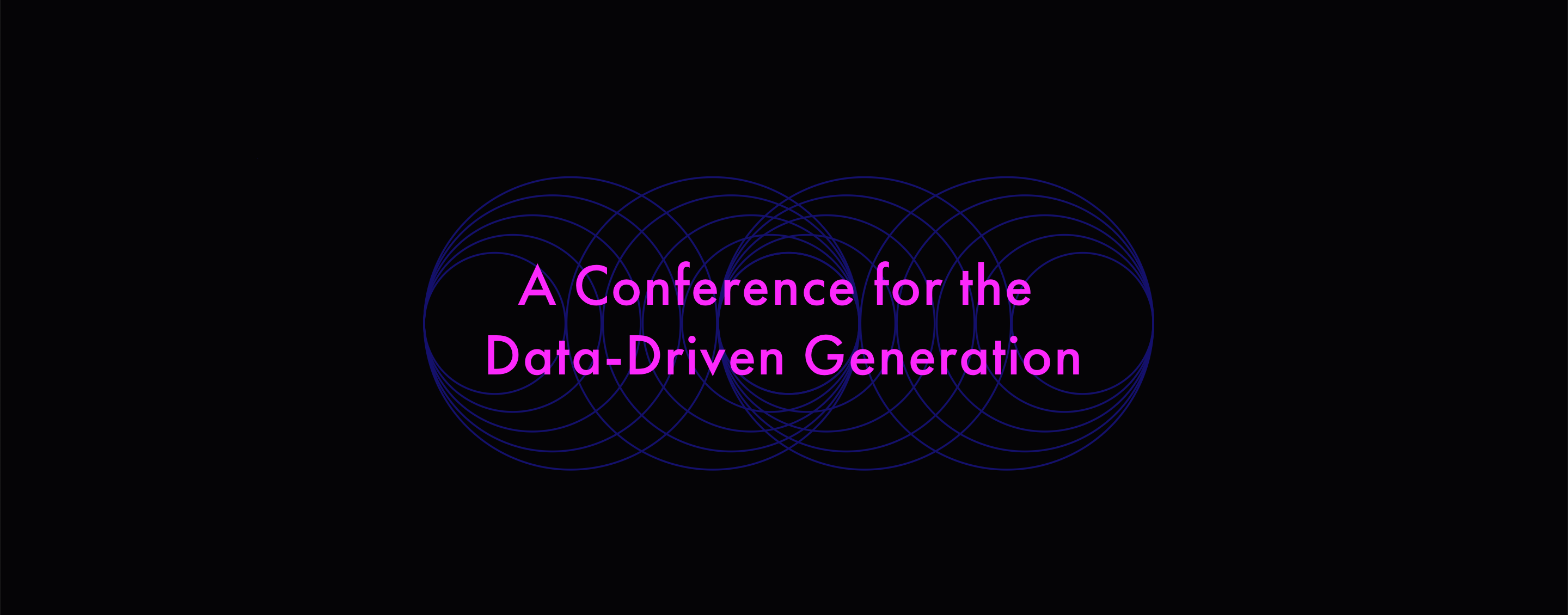
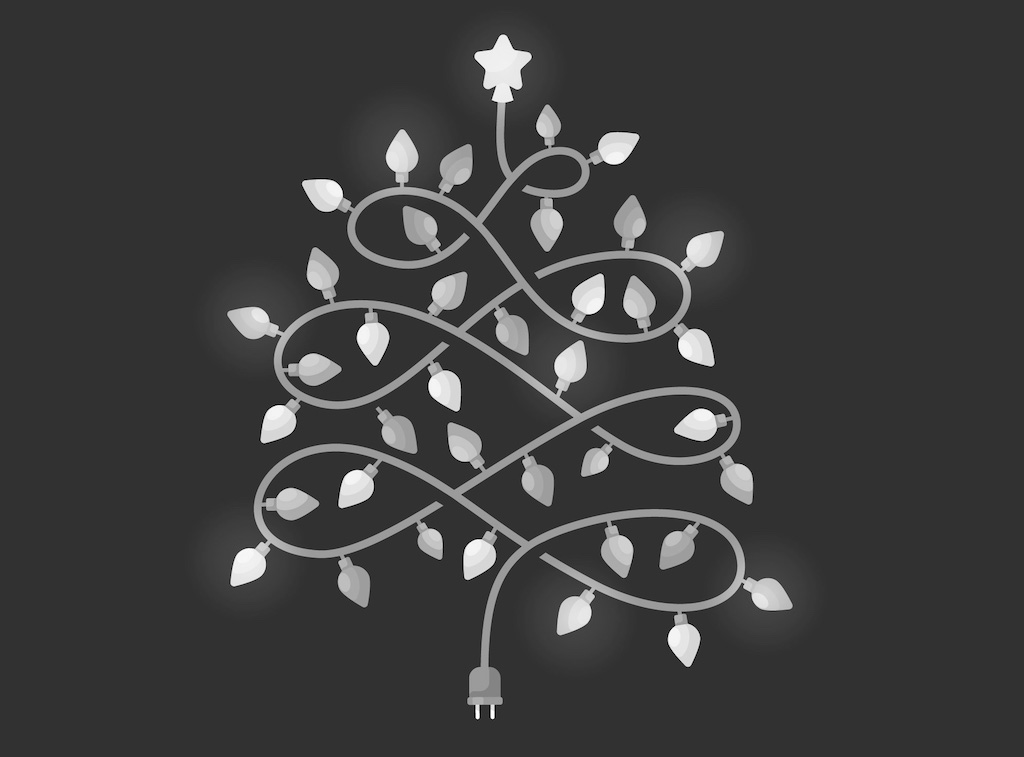
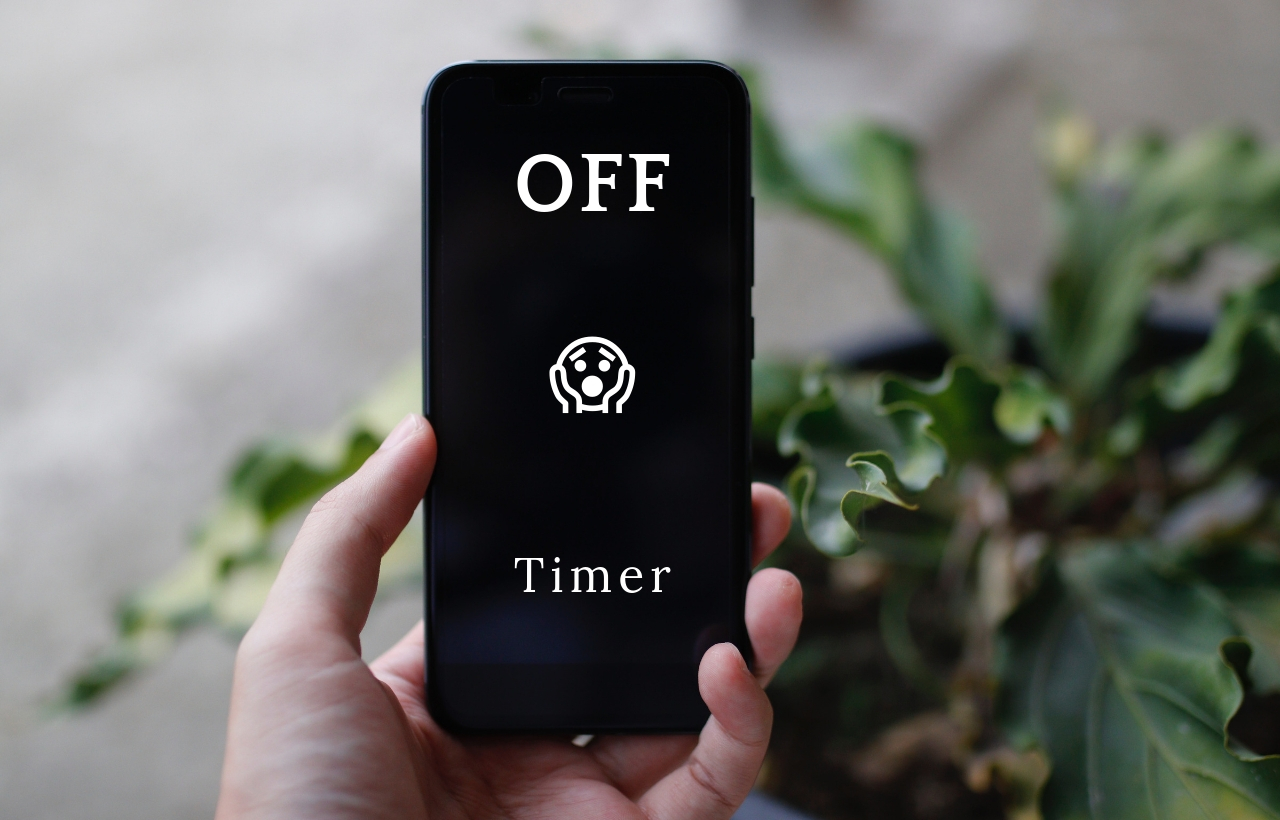
Comments